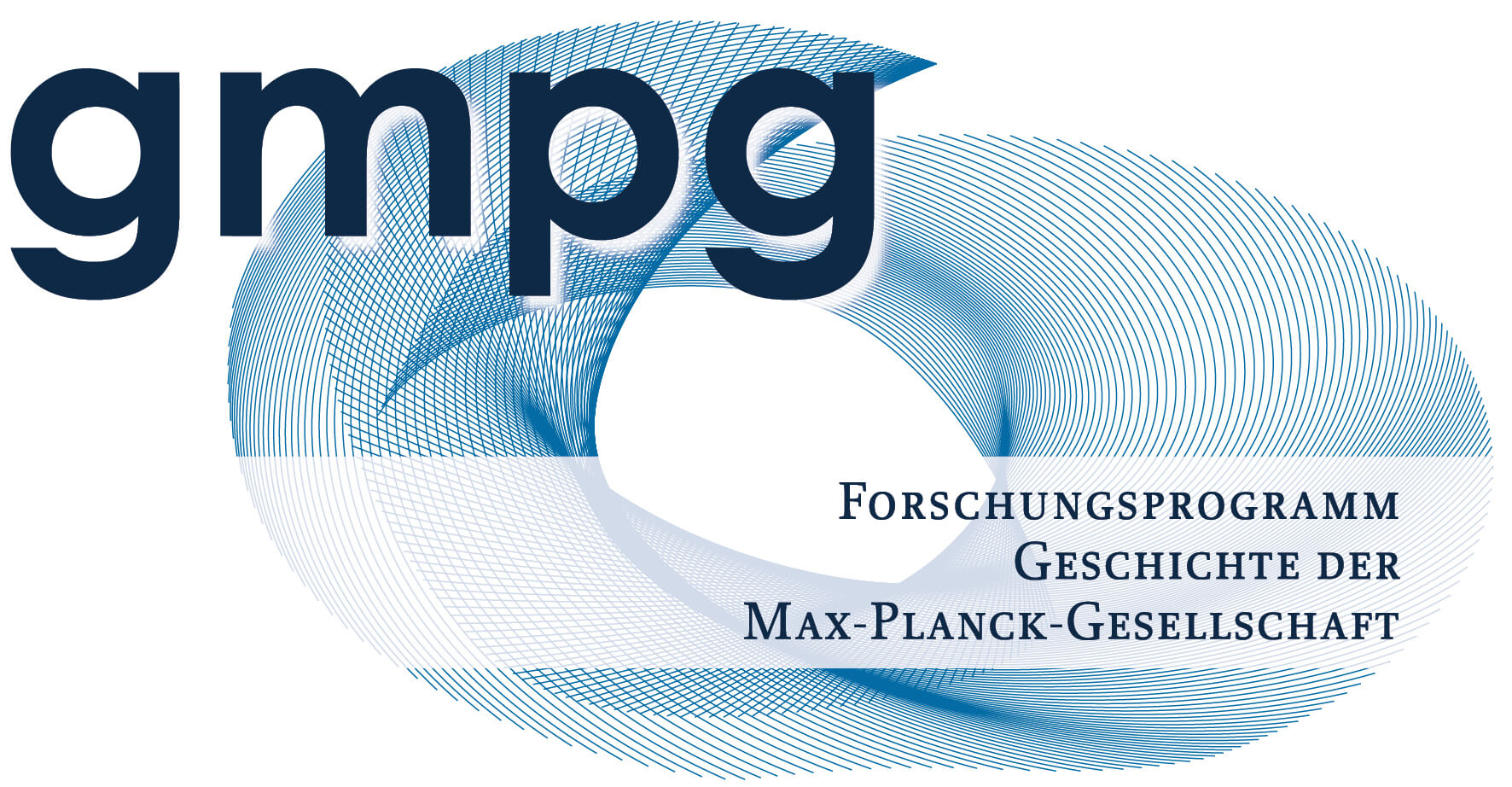Research Scholars
-
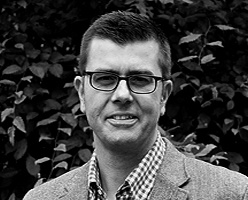
PD Dr. Jaromír Balcar
The focus of Jaromír Balcar’s research is on German and Central European contemporary history, especially the history of (West) Germany since 1945 and Czechoslovakia (1918–1992), and the economic and corporate history of National Socialism and state socialism.
-
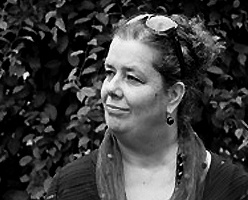
Dr. Birgit Kolboske
Birgit Kolboske studied Political Science, Latin American Studies, and Linguistics at the Freie Universität in Berlin. She subsequently worked for many years as a journalist, translator and editor in, among other places, Mexico and New York. From 2002 to 2007 she worked in the research program of the Presidential Commission of the Max Planck Society on the "History of the Kaiser Wilhelm Society in National Socialism".
-
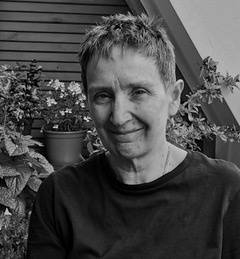
Dr. Alison Kraft
Following a biological science degree, Alison Kraft undertook postgraduate studies in the History of Science, Technology and Medicine at the University of Manchester, UK.
Within the framework of the GMPG project, her research centres on the theme of internationalisation with reference in particular to the relationship between the Max Planck Society and the US during and beyond the Cold War.
-

Dr. Gregor Lax
Gregor Lax is a Research Scholar in the GMPG Research Program (since Jan 1, 2018), working on the history of Earth system research in the MPG.
-
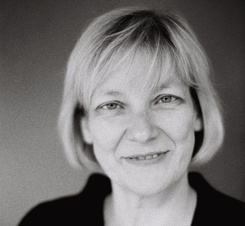
Dr. Martina Schlünder
Martina Schlünder received her Ph.D. in History of Medicine from Charité-Universitätsmedizin Berlin in 2007. In the research program Martina Schlünder works on the history of medical and clinical research of the Max Planck Society. The project investigates the historical, epistemic, scientific and historical reasons for the difficult situation of clinical research within the MPG.
-
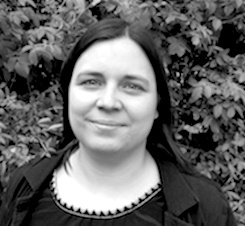
Dr. Juliane Scholz
Juliane Scholz joined the MPG Research Program in February 2018 and investigates the social history of the Max Planck Society as well as the MPG’s relationship to society, economy and politics.
-
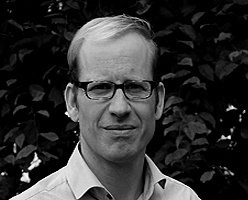
PD Dr. Alexander v. Schwerin
Alexander v. Schwerin teaches history of science, technology and pharmacy at Braunschweig University of Technology (TU Braunschweig). His research focuses on the history of the life sciences, the history of experimentation, and science and risk policy.
-
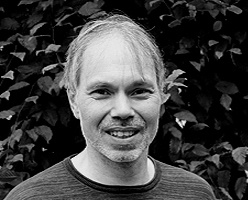
Dr. Thomas Steinhauser
Thomas Steinhauser’s main research interests are the history of chemistry and physics in the last two centuries, the development of modern scientific instrumentation, and the nexus between science and technical developments. He joined the GMPG Research Program in 2014 and focuses on the development of the institutes in chemistry, physics, and materials science.
-
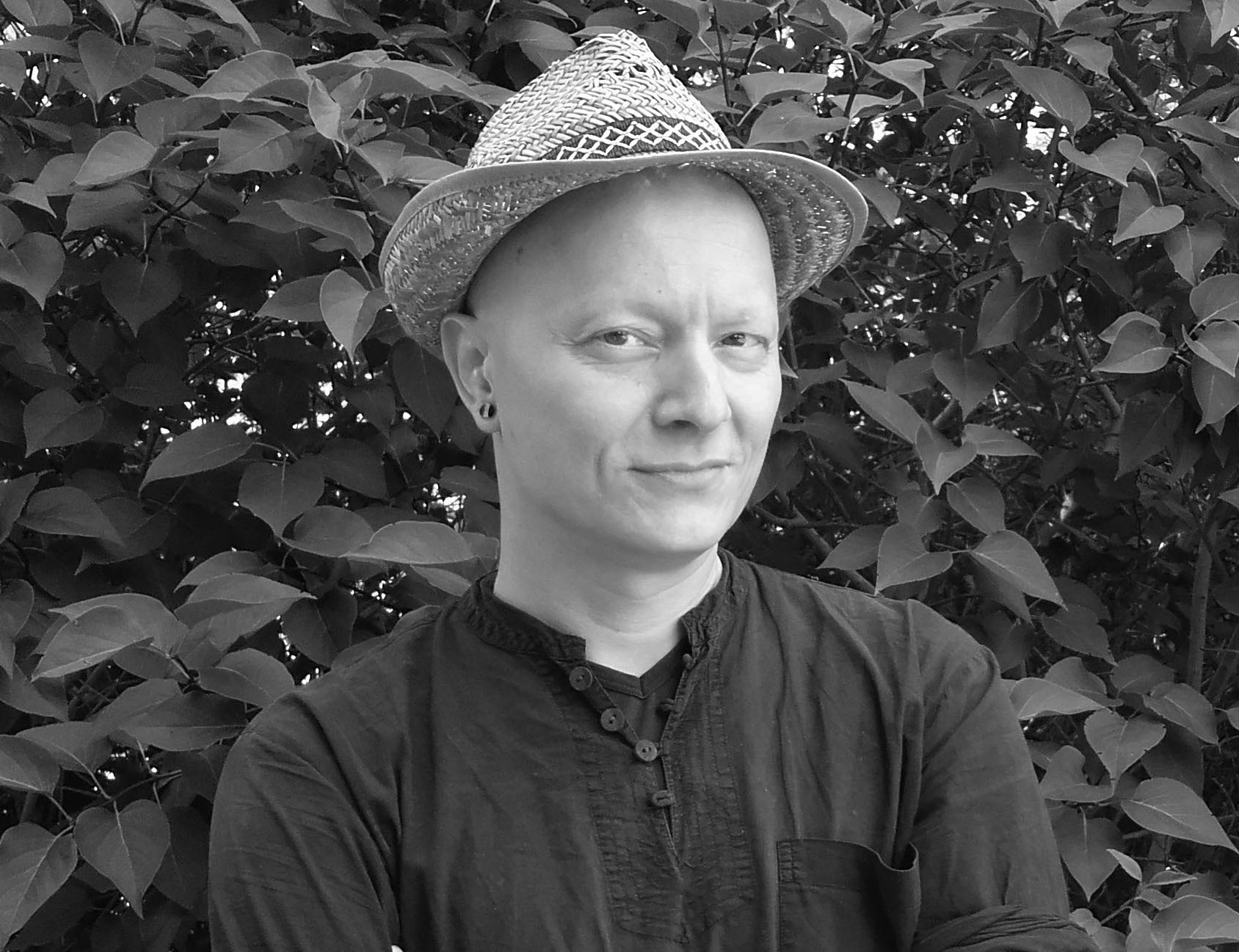
Dr. Sascha Topp
In the GMPG Research Program Sascha Topp focuses on the dynamics of behavioral, neuro- and cognitive sciences.
-
-
Former Research Scholars
-
-
-
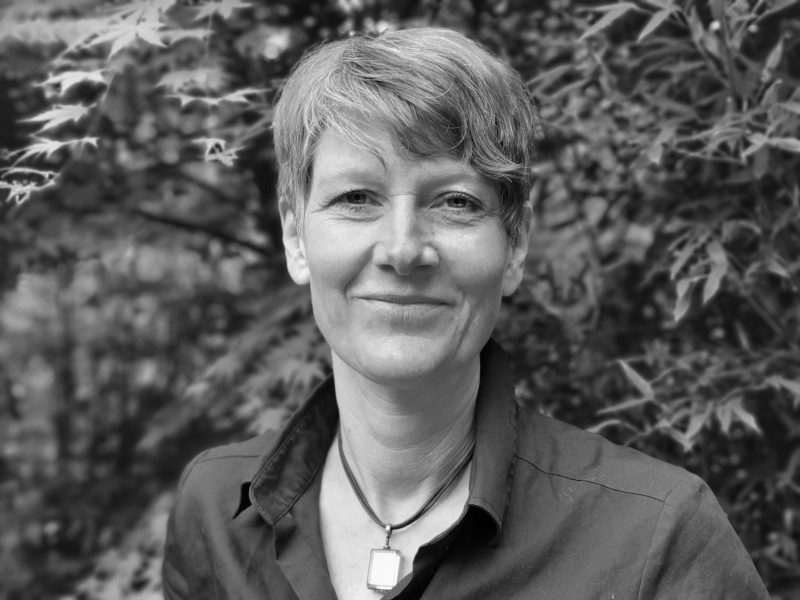
Dr. Britta Behm
Britta Behm's current research focuses on the history of "empirische Bildungsforschung" (empirical education research) as an integral part of contemporary history. Within the framework of the GMPG project, she is working on the history of the Max Planck Institute for Human Development (Max-Planck-Institut für Bildungsforschung), which was founded in West Berlin in 1963. She continues to contribute to the GMPG project as a visiting scholar.
-
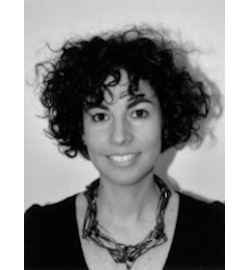
Dr. Maria Teresa Costa
Maria Teresa Costa studied Philosophy at Padua University and at Humboldt University in Berlin, and obtained her PhD in Philosophy with a fellowship from Padua University with a dissertation on Walter Benjamin. Her current focus is on the history of art history from the ninteenth century onwards. In the context of the GMPG research group she will work on the history of art history and of the architecture of buildings, infrastructures, and real estate of the Max Planck Society. Since October 2021, she continues to contribute to the GMPG project as a visiting scholar.
-
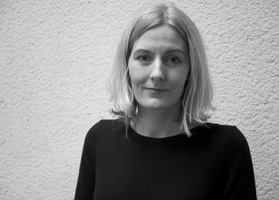
Dr. phil. J-Prof. Lisa Malich
Lisa Malich joined the Research Program in the History of the Max Planck Society (GMPG) in 2018 with the project “History of Clinical Psychology and Addiction Research in the Max Planck Society.” Since 2016, she is an Assistant Professor (“Juniorprofessur”) for the History of Knowledge of Psychology and Psychotherapy at the University of Lübeck. She also continues to contribute to the GMPG project as a visiting scholar.
-
Dr. Ulrike Thoms
Ulrike Thoms was a Research Scholar in the GMPG Program from September 2014 to August 2017.
-
-
-
-
-
-
-
-
-
-
-
-
-
